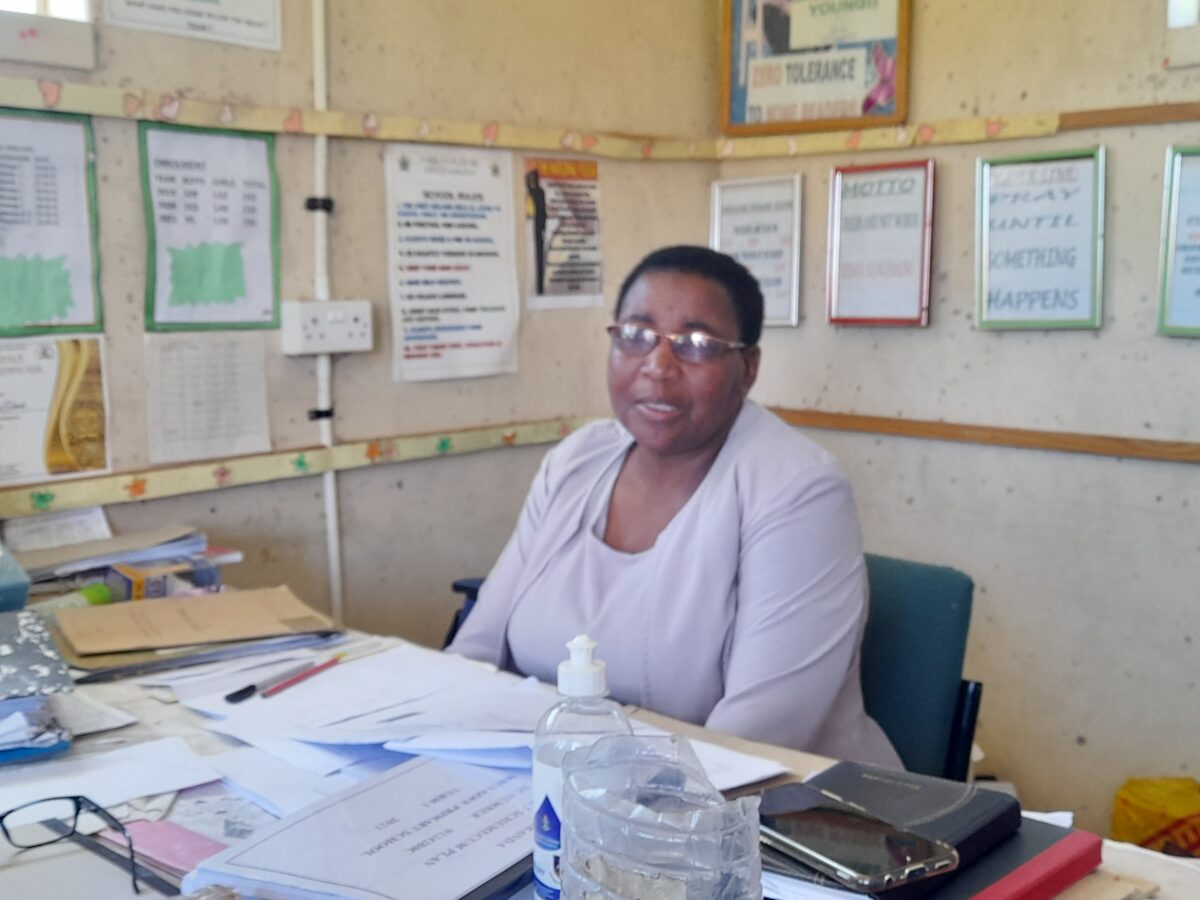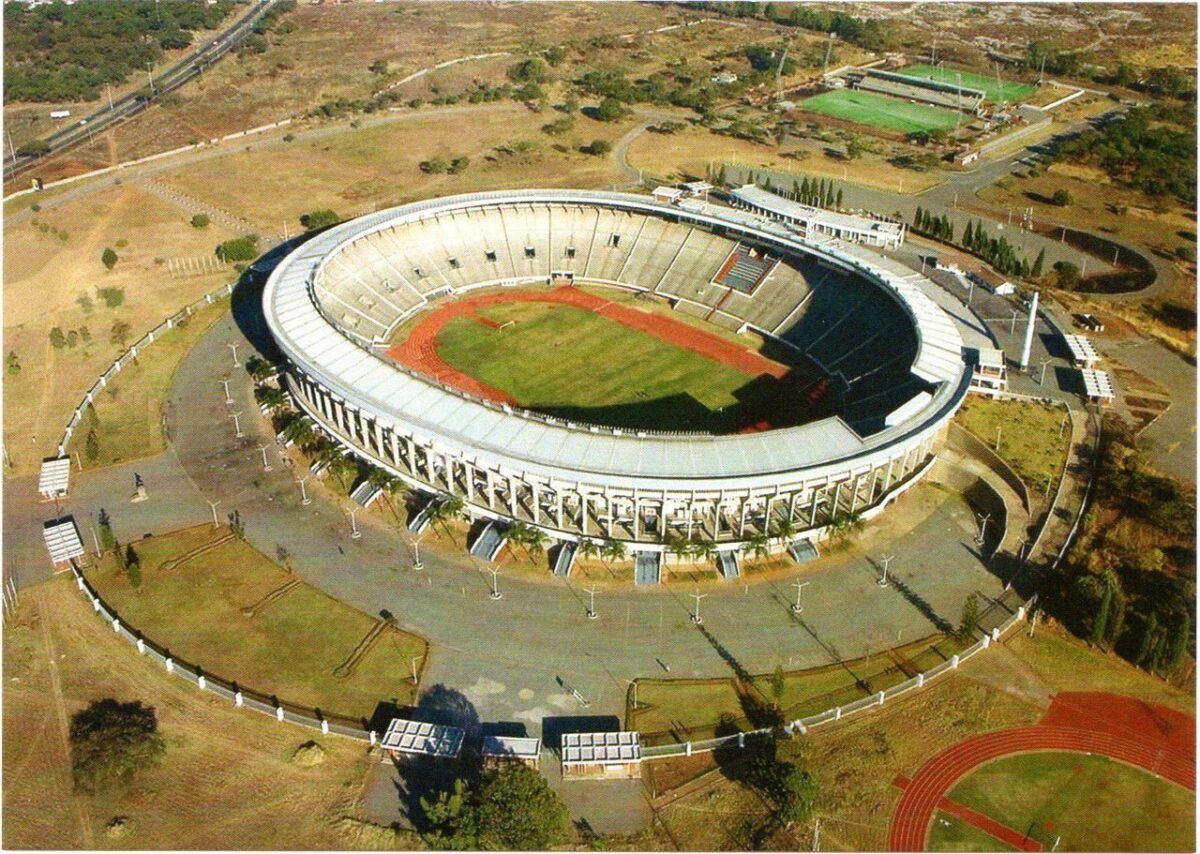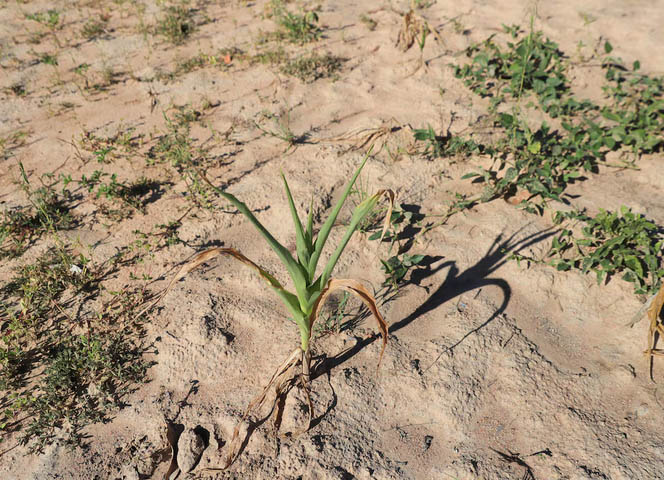HARARE – Schools in poor rural communities in Matabeleland North have been able to keep their operations running through use of the School Improvement Grant (SIG) administered by the United Nations Children’s Fund (UNICEF).
This was noted during a recent media tour to selected schools in Umguza district, Matabeleland North where school heads chorused their satisfaction with the assistance.
Milford Ndlovu, the head of Redbank Primary School situated some 41km northwest of Bulawayo, said the learning institution received US$1 400 under SIG last year and the tranche has helped the poorly resourced learning institution acquire some classroom furniture and textbooks.
“We have used the grant to purchase furniture. Our learners are no longer sitting on the floor,” Ndlovu said of as school that has 130 learners and seven teachers.
“We also have been able to purchase some learning material. The ratio of textbooks to learners is now almost 1:1 in the core subjects.”
Before the grant, said the school head, a single textbook was being shared among 10 learners.
He added, “We also managed to purchase a few tools which we use to clean up our schools.”
Ndlovu said before the grant, and with no income generating projects to cushion its tiny budget, his school was at a loss on how to remedy its operational woes after a majority parents and guardians have failed to discharge their role of paying levies – of Z$5000 per head every term.
The operational challenges, coupled with the Covid-19 menace that kept learners at home, have reflected on the learning institution’s low pass rate of just 11,76 percent last year.
The story was the same at Mbuyazwe Primary School, some 22km northwest of Bulawayo.
School levies are US$20 per term but 75 percent offspring of mostly labourers from surrounding farms have continuously failed to pay.
The gaping budget challenges have been complicated by that the school draws its water from a source that is 7km away and requires at least US$30 per month in terms of pumping costs.
However, a US$1000 SIG tranche received in 2022 and other disbursement from previous years have helped the school of 263 pupils purchase furniture, a safe and books.
“Before that, students would sit on the floor and some old dilapidated furniture,” said Silobile Masuku, the school headmistress.
“SIG has come in and we are benefitting. That is a relief; otherwise we won’t be able to breath. We have managed to purchase some textbooks, furniture.
“We also used some of the money we got previously to drill some boreholes.
“Before SIG intervention, the book to pupil ratio was 1:10 and we have managed to reduce that to 1:2. We used our SIG portion to buy textbooks in 2021 and 2022 across all grades.”
Because of the intervention, the Grade 7 pass rate rose from 40 percent in 2021 to 47,3 percent last year.
Explaining the purse, UNICEF Communications Manager John Mukwetsi said funds to purchase textbooks were being administered under the development partner’s SIG Regular while SIG WASH was tailored for school infrastructural projects with SIG Complimentary targeted for building initiatives.
SIG is supported by UK and Germany with technical support from UNICEF working in collaboration with government through the Ministry of Primary and Secondary Education.
Taungana Ndoro, the ministry’s Director Communications and Advocacy, who headed the media delegation, said government would soon engage funding partners to also consider providing tablets for less privileged rural school students to learn ICT.
“The ministry is moving towards the smart classrooms concept where we say every earner is supposed to have a tablet which would be linked to the teacher’s laptop via internet,” he said.
















